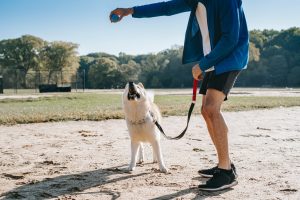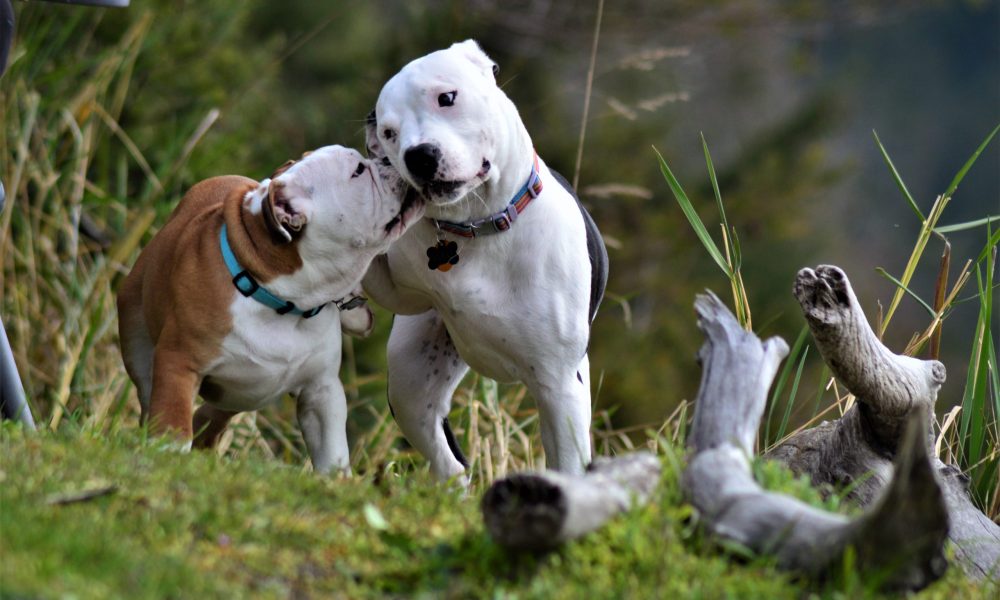
It is no surprise that Australia is a nation of dog lovers. Survey results from RSPCA estimated that dogs are among the most popular pet choice, with almost half of the Australian pet owners owning at least one dog. As the dog population continues to grow, the incidence of dog attacks has seen a corresponding increase.
The recent series of dog attacks on three children and two adults in Queensland has sparked attention and ignited debate on the proposal of a statewide ban on restricted dog breeds, including Dogo Argentino, Pit Bull, and Japanese Tosa. In fact, the number of fatal cases has been increasing across Australia, particularly among young children.
Dog Attack Cases Across Australia
In just the first three months of 2023, 1,163 dog attack incidents were reported to the council in NSW alone. Similarly, in Victoria, the number of children attacked by dogs reached 293 in 2020, showing a 16% increase compared to the previous year. Tragically, there have been cases of fatalities, including instances where a woman’s arm was partially amputated after dog attacks in the Northern Territory. Australia Post has revealed that not just children are affected, as their posties report an average of 7 dog attacks per day.
Surprisingly, Labradors, which are typically considered easy-going, were involved in a significant number of reported cases, accounting for 8.5%, alongside Pitbulls at 10.3% and Rottweilers at 6.8%, making them the top breeds involved in dog attack incidents. The pandemic pet ownership boom and irresponsible owners are often blamed for these cases.
Concerningly, another young child has sustained significant injuries from dog bites. Multiple paramedic units were called to a private address in #Yatala at 5.20pm and transported a child to Queensland Children's Hospital in a serious condition with head and neck injuries.
— Queensland Ambulance (@QldAmbulance) April 12, 2023
Ms. Elleni Dunsmore, a 25-year-old dog owner, has experience working with various dog breeds, including large-sized dogs. She recounted an incident where an owner of a bigger dog had unleashed their overexcited dog, resulting in a loss of control as it targeted Elleni’s friend’s dog. Elleni said, “I think it’s a lot of mishandling. Owners don’t believe that their dogs can do bad. Every dog can do bad, even though they’re your baby.”
Owner’s Responsibility
Elleni agreed that the characteristics of a dog breed could contribute to their aggressive behavior. However, she pointed out that smaller dogs can also exhibit similar behavior but are easier to handle. She emphasized that a lack of understanding of a dog’s threshold, triggers, and body language contributes significantly to their aggression. And she believed that specific dog breeds are adapted and trained for particular tasks and environments, and not all dogs are suitable in the neighborhood.
Elleni said owners have to have a good relationship with their dog before letting them off the leash, and she thinks it is the dog owner’s responsibility to keep people safe. She also mentioned that the ban on restricted dogs would not be an effective solution to dog attacks, “Statistically more reported accidents are going to happen with pit bulls because they can do more damage, but I think dog owners need to have the responsibility of knowing what they are capable of handling.”
Call For More Ethical Breeders
Listen to Elleni’s insights on alternative solutions for dog attacks from a dog owner’s perspective. She emphasizes the importance of responsible breeders and owners. Audio: Zoe Chan
Click here for the subtitles
Elleni: I think registered breeding needs to come back because if a dog is unable to go back to their breeder, they unfortunately get surrendered and then if they can’t get rehomed, euthanised. So I guess every industry has ways and unfortunately how do we ethically rehome hundreds and thousands of dogs. And if you look at shelters, they’re all like 25, 30 kilos plus dogs. I think if we have more rules for breeding and more incentive for people to do the right thing, and also breeders being responsible, if they can give a high powered dog with high motivation and prey drive, they need to be responsible for who they’re giving that dog to.Because most people don’t have any business handling that dog. How would you feel about a person owning a Belgian Malinois and walking it in your neighborhood knowing that it’s capable of doing such things but also, I love the breed, don’t get me wrong, they’re capable of such great things as well, but imagine the handler just not, because they think that dog looks cool, and it’s their first dog, they pick it up, they pay the couple thousand dollars to take it, and then what? And then like, oh no, Fluffy got off the lead, and the owner’s ineffective in that situation, so I think there needs to be more responsibility between who’s getting and given these high-powered dogs because they can do great but they can also do a lot of damage if they’re not put in the right situations. Unfortunately putting a working dog in a city area isn’t going to bring out the best in the dog.
Ms. Dunsmore suggested having registered breeding instead of banning specific breeds, “We must have more rules for breeders and more incentive for people to do the right thing. For example, if a breeder breeds a high-powered dog with high motivation and prey drive, they need to be responsible to whom they’re giving that dog.”
“Imagine having a person owning a Belgian Malinois and not know how to handle it,I just think there needs to be more responsibility between who’s getting and given these high-powered dogs because they can do a lot of damage if they’re not put in the right situations.”
Reasons Why Dogs Get Aggressive and How to Stop It
Ms. Zandra Ng, a vet student at The University of Adelaide and a vet nurse, highlights that certain undiagnosed illnesses can lead to distress in dogs, which may manifest as aggression. She further explains that situations where owners unleash their dogs, can induce fear and can serve as a trigger for aggressive behavior.
Zandra believes that both genetics and environment contribute to a dog’s behavior. She explains, “Certain dog breeds naturally tend to be more nervous, but environmental factors also come into play, as some dogs are more sensitive to changes in their surroundings or more reactive to human triggers.” Although Zandra acknowledges that a dog breed’s genetics can influence its personality, she rejects the notion that certain breeds are inherently more aggressive than others, stating, “While certain breeds may have a higher number of reported dog attacks, I believe this is largely due to societal stigmas.”

Like Elleni, Zandra thinks implying rules to promote responsible dog ownership and ethical dog trainers and breeders would be a more effective solution to reduce dog attack cases than breed banning, as breed banning cannot tackle the core issues in dog attack cases.
“Training for dogs has a big role in how the dogs behave, and if the dog is naturally more sensitive or anxious, the owner should be responsible for taking the dog for a health check to eliminate any other causes that could lead to the aggression.” She said.
She also claimed, “Nowadays, many trainers use negative punishment as a method of training, which is a big no-no. What we want for training is positive reinforcements to promote positive learning and training for the dog because if you use negative punishment, it might further elevate the anxiety in the dog.”
To promote safety and reduce the likelihood of dog attacks, Ms. Ng suggested that the public should remove any stigma of using dog protective gear, such as mussels. In particular, she proposes that offering free training programs would greatly benefit dog owners with limited financial capacity, enabling them to effectively train and manage their dogs in various situations.
Join the conversation! Share your opinion on breed banning and dog attacks by participating in our poll.










Be the first to comment